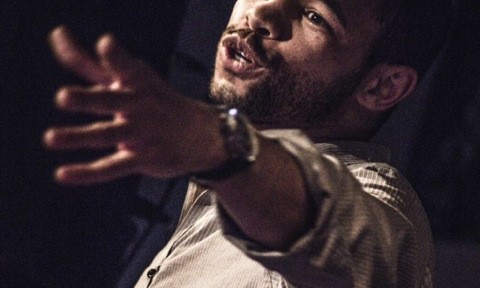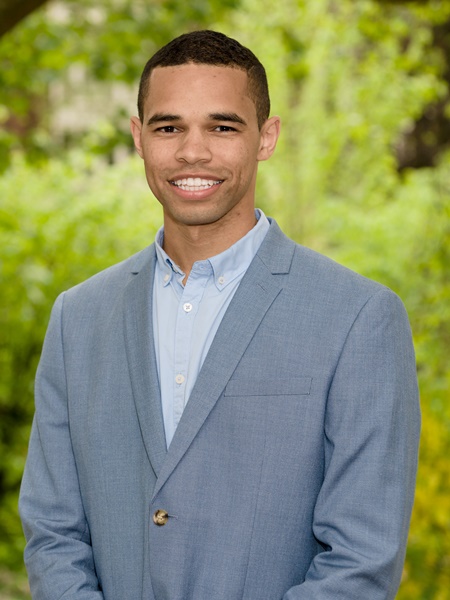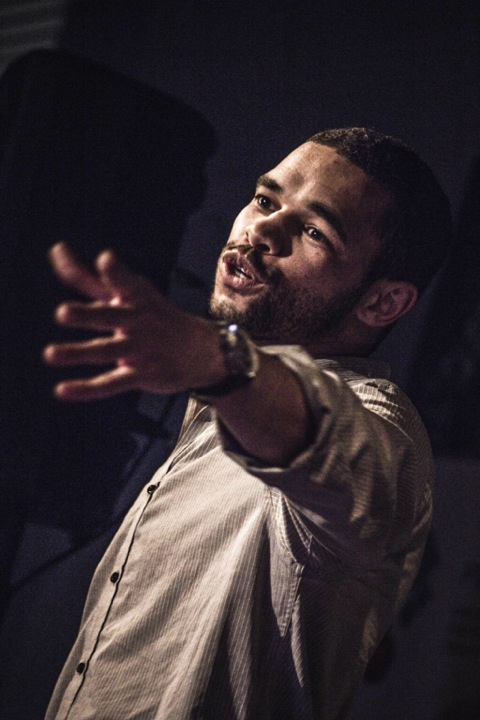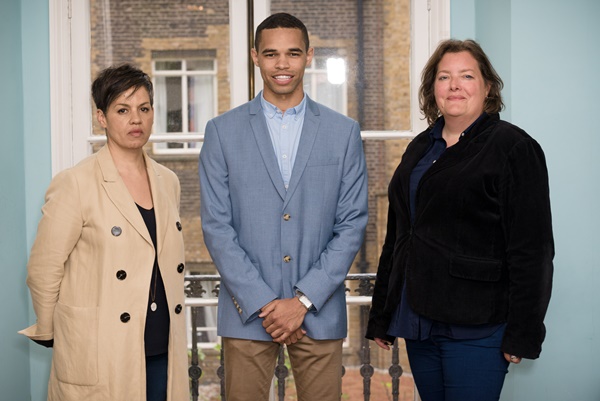A Birkbeck and Wellcome funded project, Conceiving Histories, is taking part in the Being Human Festival in November 2016, holding a free public event 23rd November 6-8pm in Senate House (book a place here). For more information on the festival, see our news article.
Here, Dr Isabel Davis describes the project which the event runs as part of.

Underneath Desires © Anna Burel 2016
If you type into a Google search box ‘Am I…’, ‘Am I pregnant?’ will be one of the first offered searches. The internet can supply some general answers – for example about what might make you pregnant and what pregnancy might feel like – but it can’t, finally, answer the question ‘Am I pregnant?’. Just as much as it is a pragmatic technology, Google is also a convenient and discrete fortune teller here, a place to ask imponderable things. Whether hoping for or fearing pregnancy, in the time before they can test, women and their partners exist in the same imaginative spaces our ancestors inhabited before home pregnancy testing was available: they too tried to know their futures through impossible technologies. Belief, speculation and fantasy flood into the vacuum created by the absence of objective knowledge. It’s odd to find that we don’t and can’t know; it doesn’t feel very modern.

Conceiving Histories © Anna Burel 2016
Conceiving Histories is a new interdisciplinary project initiated by Isabel Davis in the English and Humanities Department. It investigates this time before pregnancy diagnosis: how was it described, negotiated and experienced in the past and how might historical knowledge about the time of pre-pregnancy be used to contribute to debates and questions about becoming a parent, or not, today?
Conceiving Histories is a collaboration between academic research and contemporary art practice. Anna Burel, an artist with a long interest in questions about the female body and medicine, is looking at the primary materials gathered by the project. The aim is to use artwork as well as writing to articulate the project’s research findings but also to put different ways of working into dialogue and, in that way, to find new and creative answers to the project’s research questions.
The project works through primary case studies, from different periods of time between the Middle Ages and the late 1970s, when the first home pregnancy tests first became available. The case studies concern hidden, misdiagnosed, imagined, feigned and hysterical pregnancies, as well as the desire to know about and to diagnose early pregnancy. We will be looking, to give a few examples, at the wishful idea of angel messengers who revealed the pregnancies of the saints; the invention and practice of uroscopy, auscultation and other diagnostic tools; the pregnancy diagnostic centres in the twentieth century and the logistics of supplying them with hundreds of thousands of tropical carnivorous toads; cases of false pregnancy like those, famously, of Mary Tudor in the sixteenth century on whose reproductive chances the fortunes of the known world rested; experiments and also plans for experiments to determine the moment of conception; the peculiarity of pregnant temporalities; the possibly pregnant in scandals, trials and sensational stories in both historical and literary materials.
Conceiving Histories: At Being Human 2016
We are showcasing some of this material as part of the Being Human Festival. The themes of this year’s Being Human Festival are hope and fear and we are presenting material from two of the project’s case studies to respond to that theme. For hope, we are looking at a strange late eighteenth-century fashion for ‘The Pad’ which made women look pregnant who really weren’t. We’ll be using this to think about the possibilities for women excluded from the experience of pregnancy and pregnant fashions, the comedy – but also perhaps the humiliation – of pretence.
Our other case study is darker and explores an idea for an Experimental Conception Hospital, described in a commentary on a fraught peerage dispute in 1825-6. With high walls and strict staff recruited from nunneries, the hospital would be a secure and secret space in which a hundred women were brought in as experimental subjects. These experiments would solve pressing questions about how to diagnose early pregnancy in an age before reliable pregnancy testing and calculate precisely the length of gestation. What a public service that would be! The experimental conception hospital presents a fantasy about the future but one which looks back to the medieval past. Just as Conceiving Histories does, it sees history as key to our reproductive futures. We’ll be looking at this intriguing historical example to think about fantasies of scientific objectivity in relation to the reproductive body and why such fantasies might trigger a return to historic ideas and materials.
The event will include art work and short talks as well as a wine reception. Everyone is welcome but you need to reserve a place here. Please be aware that the artwork in this event tackles the emotive subject of the female body in relation to pregnancy. Some people may find the images that will be presented disturbing. Click here to see the character of the work, although not the specific images involved in this event.
Details: 23rd November. Senate House (show on a map). 6pm – 8pm.
Follow us on twitter @conceivinghists and facebook @conceivinghistories and visit our website
Book a place on the individual events:
Read more about Birkbeck’s involvement in the 2016 Being Human Festival
Find out more









